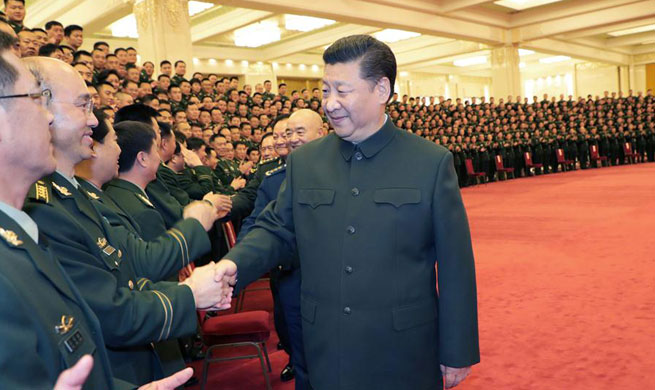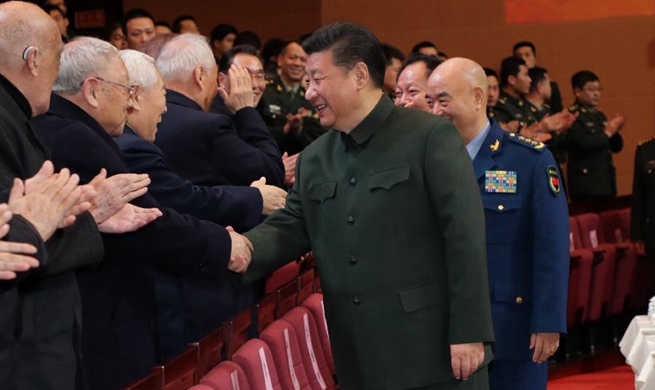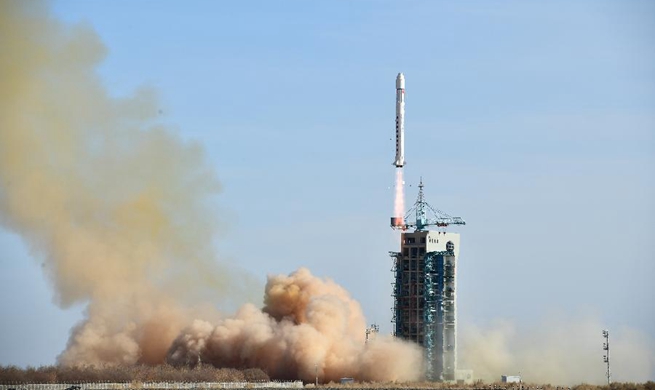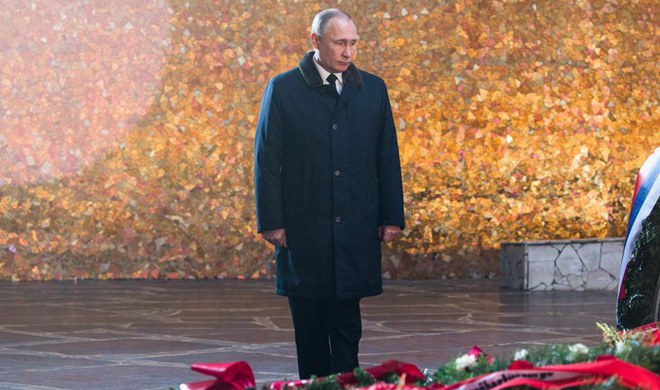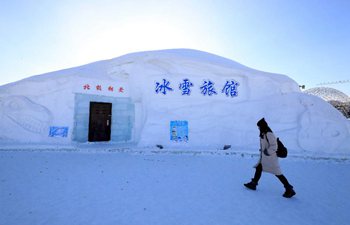by Victoria Arguello
BUENOS AIRES, Feb. 2 (Xinhua) -- U.S. Secretary of State Rex Tillerson's five-nation swing through Latin America is part of Washington's attempt to shore up right-wing support in the region against Venezuela, according to one political analyst.
Four of the five countries on Tillerson's itinerary -- Mexico, Argentina, Peru and Colombia -- comprise the so-called "Lima Group," which has expressed its opposition to the socialist government of Venezuelan President Nicolas Maduro, said Daniel Ozuna.
"I believe there is a fundamental objective and that is to strike a blow against the Bolivarian process, as Venezuela's socialist movement is called," said Ozuna.
That goal has taken on particular urgency "since Maduro emerged stronger from the past year, despite all of the actions against him," the Argentine analyst said.
The 2017 elections for members of a National Constituent Assembly (ANC) to draft a new Constitution saw Venezuela's right-wing opposition boycott the poll and the ruling socialist party PSUV win the majority of seats.
More than eight million people participated in the elections, despite the opposition's campaign to keep voters away from the polls.
Tillerson currently is wrapping up his visit to Mexico and will leave Mexico on Friday afternoon to continue his tour to Argentina, Peru, Colombia and Jamaica, where he will complete his five-nation tour on Feb. 7.
Washington was keen to strengthen its ties with those four countries and "isolate Venezuela, which for them continues to represent an element that questions U.S. domination in the continent," said Ozuna.
The trip also comes as Venezuela readies to hold presidential elections, some time before April 30, in which Maduro will be running for re-election.
Tillerson's tour is also motivated by U.S. "apprehension" at its diminishing influence in the region.
According to Ozuna, the diminishing U.S. role, especially given President Donald Trump's protectionist policies, "have begun to preoccupy the White House."
Washington yearns for the days when it could impose its will more easily on the region, said Ozuna.
"This visit aims to bring back those harsh old agreements, involving a more flexible economy, a more liberalized economy for U.S. goods, with protectionism for itself," he said.
The United States is interested in "making deals at the top (with governments and corporations) to the detriment of social policies," Ozuna added.
However, the Trump administration's protectionism, isolationism and "contempt" towards Latin America will make it difficult to reinstate U.S. influence regionally, he said.
U.S.-Latin America ties, said Ozuna, "will always be marked by an exploitative streak, by the implementation of disciplinary economic policies based on force and coercion."










